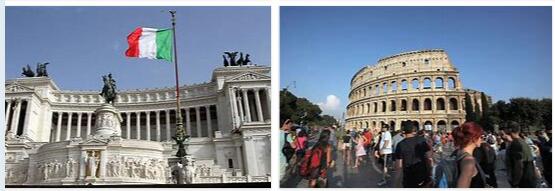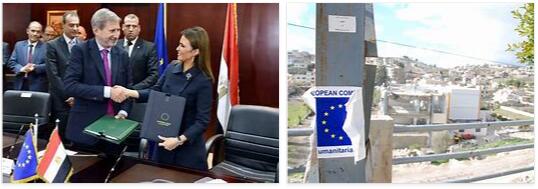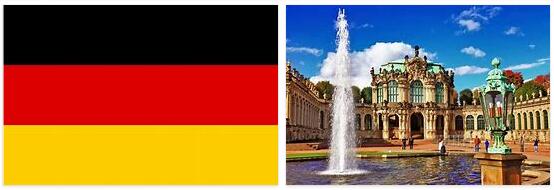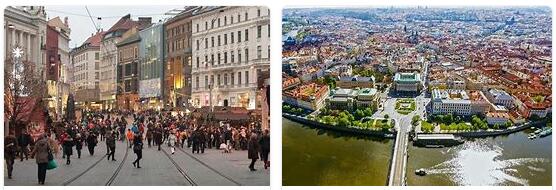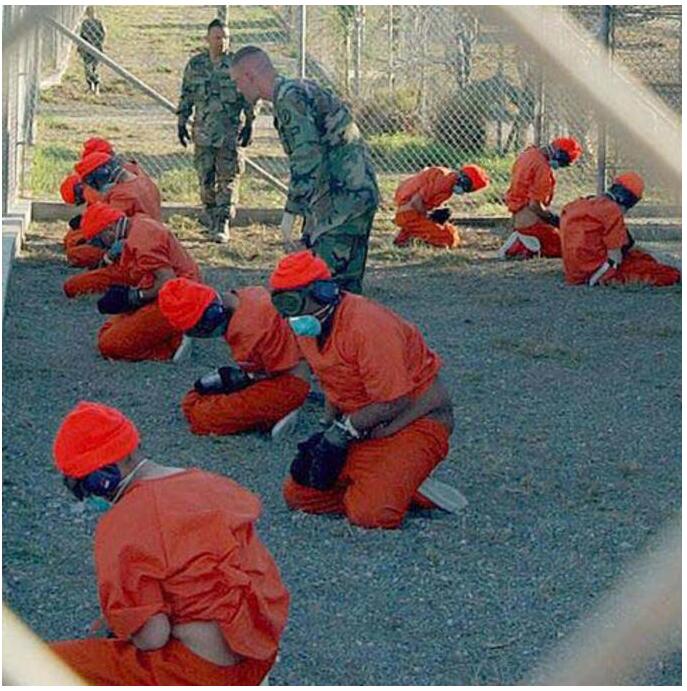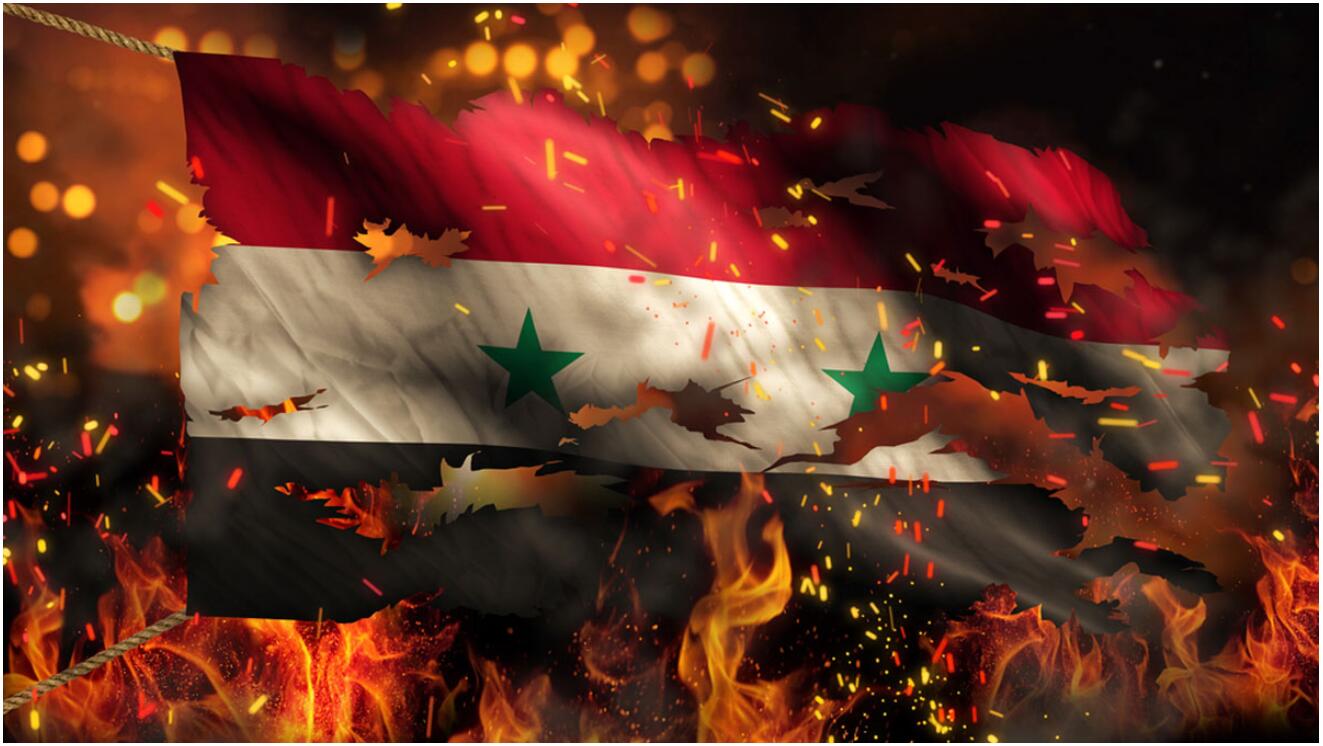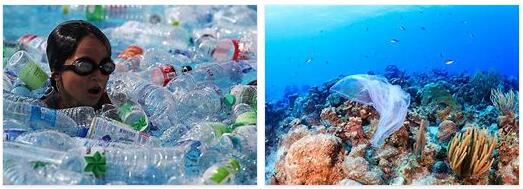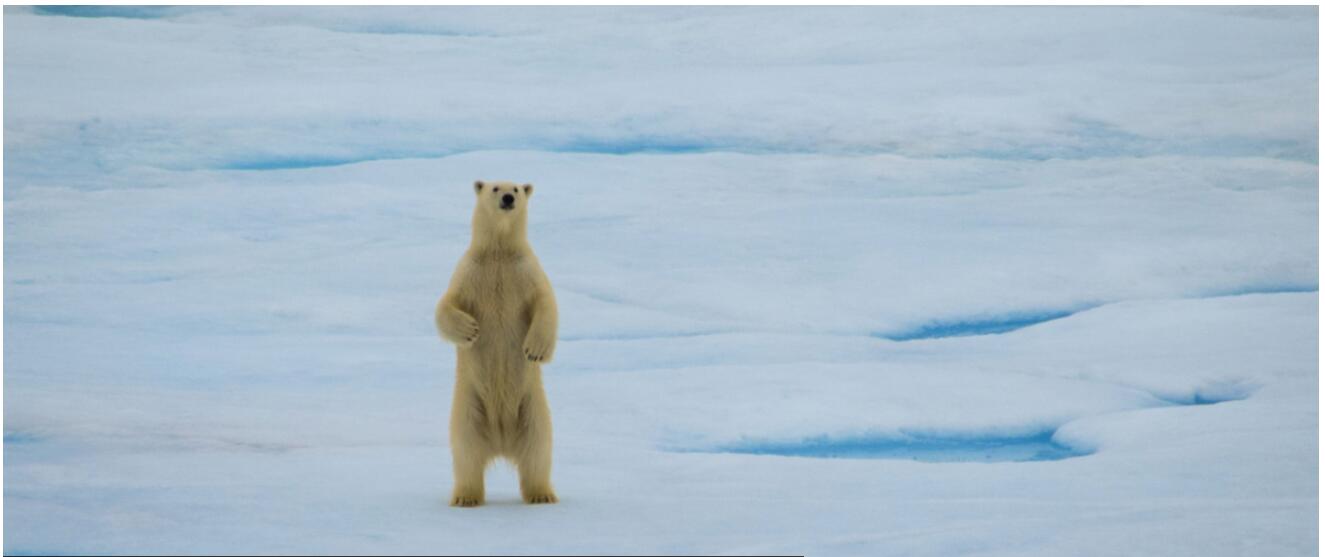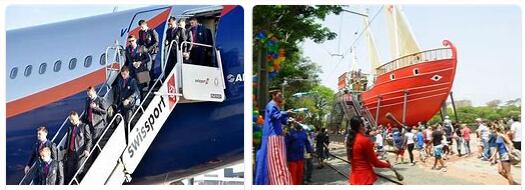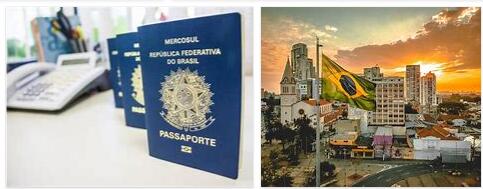Italy – the Art of Twisting Part I
In the spring of 2016, Prime Minister Matteo Renzi invited to a referendum in Italy – with elections on 4 December. The question was yes or no to comprehensive changes to the constitution. Renzi had taken on one of the biggest tasks a politician can embark on: changing Italy. But at a press conference the… Read More »

